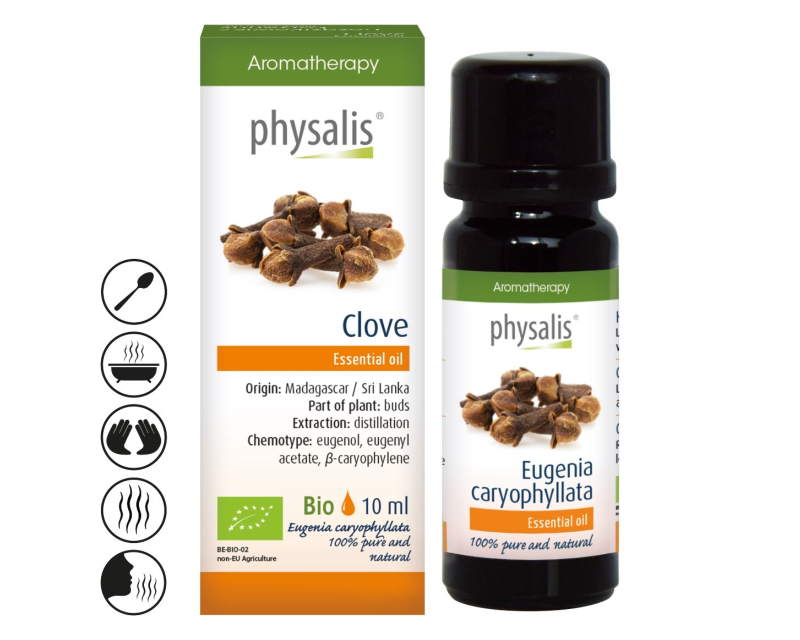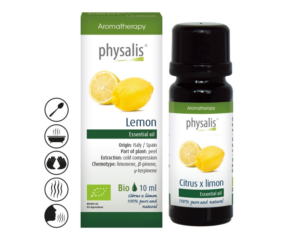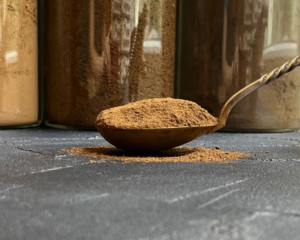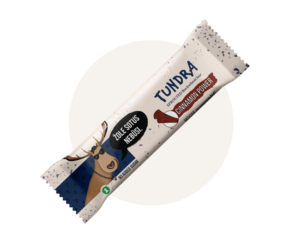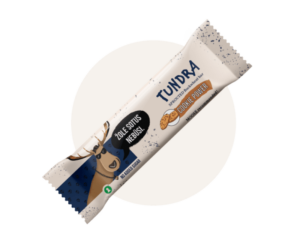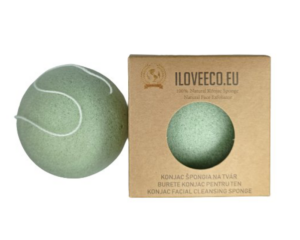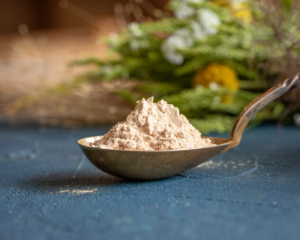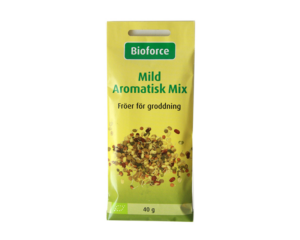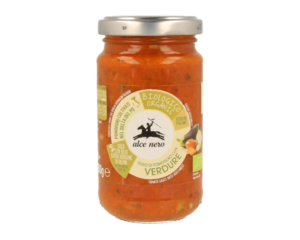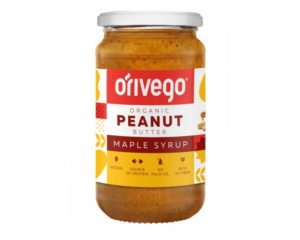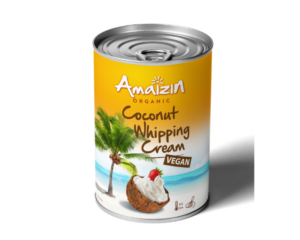Organic clove essential oil, 10 ml
10.50€
Plant part: buds
Separation method: distillation
Chemotype: eugenol, β-caryophyllene, eugenyl acetate
Properties: clove essential oil provides energy, helps keep thoughts fresh and improves concentration. This essential oil is excellent for purifying indoor air. It has a warming effect and can be used for massaging muscles and joints after dilution with vegetable oil.
Leaflet and user manual: Essential oils (volatile or aromatic oils) are the fragrant, volatile components of herbs, flowers, fruits, seeds, etc. In aromatherapy, pure essential oils have a positive effect on our bodies when inhaled, ingested or applied to the skin. Essential oils can have a powerful effect on our mood and health: they can help relax, stimulate or calm the respiratory system and much more.
Follow these precautions to use essential oils safely:
Essential oils are very concentrated!
Sometimes it takes hundreds of kilograms of fresh plants to produce one kilogram of oil.
They must be used carefully and correctly (we recommend consulting a phytotherapy specialist).
Improper use can be dangerous!
1. Keep them out of the reach of children!
2. Never exceed the recommended doses!
3. Some oils are only suitable for external use,
read packaging! 4. Not recommended for use on infants and children under three years of age! 5. Not recommended for use during pregnancy and breastfeeding! 6. Essential oils should be used with caution in cases of epilepsy, asthma and heart disease. 7. If you accidentally ingest a large amount of essential oil, drink the edible vegetable oil and contact a poison control centre. 8. When taking essential oils orally, always mix them with vegetable oil. 9. Never apply or drip undiluted essential oils directly onto the skin. Dilute with a little vegetable oil or a neutral cream, gel or shampoo; they can also be used in the bath. 10. A number of naturally occurring components in essential oils can cause allergic reactions in hypersensitive people (e.g. citral, d-limonene, linalool, geraniol, citronellol, etc.). Read the warnings on the packaging! Tip: In case of sensitive, allergic skin, first add a drop of essential oil to a vegetable oil (such as sweet almond or coconut oil) and apply to the inner part of the elbow. Wait 24 hours. If there are no signs of redness, itching or irritation, the oil can be used. 11. All citrus oils (made from the peel of bergamot, orange, lemon, grapefruit or mandarin) are photosensitive! Avoid sunlight and sunbeds for at least 12 hours after applying citrus oil to your skin! 12. Avoid contact with the mucous membranes of the eyes and nose! If this happens, rinse thoroughly with clean water. If there is any irritation or a wound, seek medical advice. 13. Not for use as ear or eye drops. 14. Essential oils of thyme, oregano, clove and cinnamon are irritating. Don’t swallow them, boil them or use them on your skin undiluted! 15. Regular use or consumption of essential oils is not recommended. 16. Essential oils are flammable and volatile. Do not keep them at high temperatures! 17. Store essential oils in a cool, dark place, in a tightly closed bottle!
Physalis® essential oils: quality guarantee
– 100% pure, natural and organic, with
not chemically processed, not modified, not mixed with other essential oils, not diluted, not purified (= adapted to meet standard formulation using chemicals or redistillation of essential oil for certain concentrated components).
.
– Checking the identity and quality of each batch by means of gas chromatographic analysis (composition of the oil and identification of the various constituents), physical checks (density, refractive index, optical rotation), organoleptic checks (odour, taste).
– Products labelled on the packaging: exact botanical species (Latin name), origin, plant parts used (leaves, flowers, twigs, seeds, roots, etc.), extraction method (slow and complete steam distillation under low or cold pressure), chemotype (biochemical specificity, specific components of each essential oil).
Oral use
– khile this kind of essential oil use can be very effective, we recommend not to experiment! We recommend that you only do this under the supervision of a therapist. It is important to be very familiar with the different oils, as some essential oils can be very dangerous if used incorrectly! We strongly advise against the use of essential oils by children (-6 years) and pregnant women. Never use more than 2 drops at a time and never use more than twice a day.
Massage, bath, shower – essential oils are perfect for massage, relaxing in a soothing bath or a refreshing shower. They penetrate easily through the skin, providing positive effects. First dilute the oil with a small amount of vegetable oil (such as coconut or sweet almond oil). Recommendations: – Body massage: 1-2 drops in 10 ml of vegetable oil. – Face oil or cream: 2 drops in 10 ml of vegetable oil or cream. – Aromatherapy bath: 6-10 drops in 10 ml of vegetable oil, neutral bath milk or bath foam; – Shampoo: 2-4 drops in 10 ml of vegetable oil. – Topical use: in some cases, much higher concentrations are used (> 20%); for example, on muscles and joints, anti-parasitic, etc. This type of use should only take place under the supervision of a therapist!
Steaming – essential oils add a pleasant fragrance to your living and working spaces. It is preferable to use electric evaporators, which do not heat the oil and emit superfine vapours. A 15-minute steaming every hour is sufficient.
Inhalations – a great way to soothe the throat and airways. Essential oils cleanse the nose and facilitate breathing. Add 2-3 drops to a bowl of hot water and inhale the steam for 5-10 minutes. Caution: avoid irritating oils!
100% Organic clove essential oil
-
Store in a cool, dark place in a tightly closed bottle.

